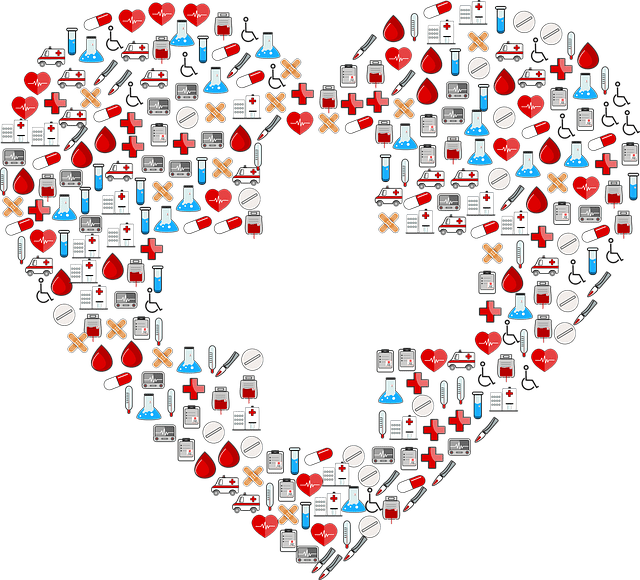You know it’s time to do something about the medicine cabinet when you find cough syrup accidentally spilled all over your last few band-aids, a thermometer without its cap, and unused prescriptions so old you can’t even recall why you had them.
If you’re tackling spring cleaning projects this season, follow this quick checklist for your medicine cabinet makeover:
Recycle!
Take a note from Earth Day and the season of rejuvenation this spring, and make recycling a priority, especially when it comes to your medicine cabinet. As you go through old medicines and start disposing of expired and no longer used drugs, don’t forget to recycle:
-
Pills boxes and bottles (remove personal prescription information first)
-
Liquid bottles (rinse thoroughly and remove caps prior to recycling)
-
Mini measuring cups that come with liquid medicines
-
Any instructions or papers which came with the medicine
If you’re curious whether the foil sleeve your cold medicine came in can be recycled or anything else in your bathroom and medicine cabinet, find answers and solutions at TerraCycle.
Dispose of Drugs Properly!
Did you know you shouldn’t just flush old medicine down the toilet or throw it out? Not only can medicine contaminate groundwater, but pets or kids can accidentally get into it in the trash and that accidentally be poisoned.
The U.S. Food and Drug Administration recommends first disposing of unused and expired medicines by taking them to drug take-back events. If you aren’t able to do that, they ask that people:
-
First mix medicine (pills, capsules, liquid) with an unfavorable substance like coffee grounds, dish soap, kitty litter, or soil.
-
Place in a resealable bag and throw away in the trash.
-
Shred or tear up any personal prescription information before recycling bottles and boxes (or scratch/mark it out)
Restock Your First Aid Kit!
Spring and summer are a time of adventure which means lots of potential scrapes, cuts, stings, and boo-boos for the little ones. Make sure your first aid kit is stocked and ready to be used by refilling items like: band-aids, antibiotic ointment, anti-itch cream, sterile gauze, anti-diarrheal medication, wound solution like Bactine, over-the-counter pain relievers, rubber gloves, cold compresses, adhesive tape, petroleum jelly, and elastic bandages.
Double check your home health equipment is clean and in working order with live and active batteries – this includes thermometers for checking for fevers, blood pressure monitors, and blood sugar monitors (if someone in your family has diabetes). Don’t forget about tools like tweezers for removing splinters, scissors for cutting bandages and medical tape, and nasal aspirator bulbs (for small children) too.
Prep for outdoor fun! It may be time to stock up on summer-ready medicine cabinet items as well so you’re not in a lurch when that surprise camping trip or adventure at the beach pops up. Make sure your family has:
-
Sunscreen
-
Calamine lotion
-
Aloe vera lotion
-
Benadryl
-
Insect repellant
-
Allergy eye drops
Organize! So you have cleaned out unused and expired medicines, restocked on items your family needs, now what? Time to organize. Snag a handful of plastic stackable shelves or wooden baskets that fit in the closet or area where you store health-related things and organize your essentials.
For example, you can place tummy-related medicines like Pepto, anti-gas medicine, Tums, and heartburn relief drugs in their own basket. In another, you can have allergy and cold medicines like extra Benadryl, Mucinex, Sudafed, etc. In another, pain relievers and vitamins, and so on. A more organized medicine cabinet will help you find the items you’re looking for quicker and easier.
I’m a 20-something stay-at-home mother and wife. I have an amazing husband, a beautiful daughter, two loving dogs, and a lazy cat. I wouldn’t change my life for anything! I love to read, listen to music, cook and blog!


Speak Your Mind